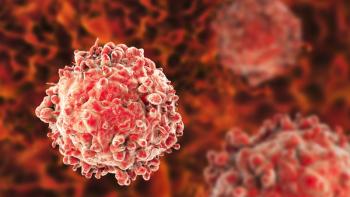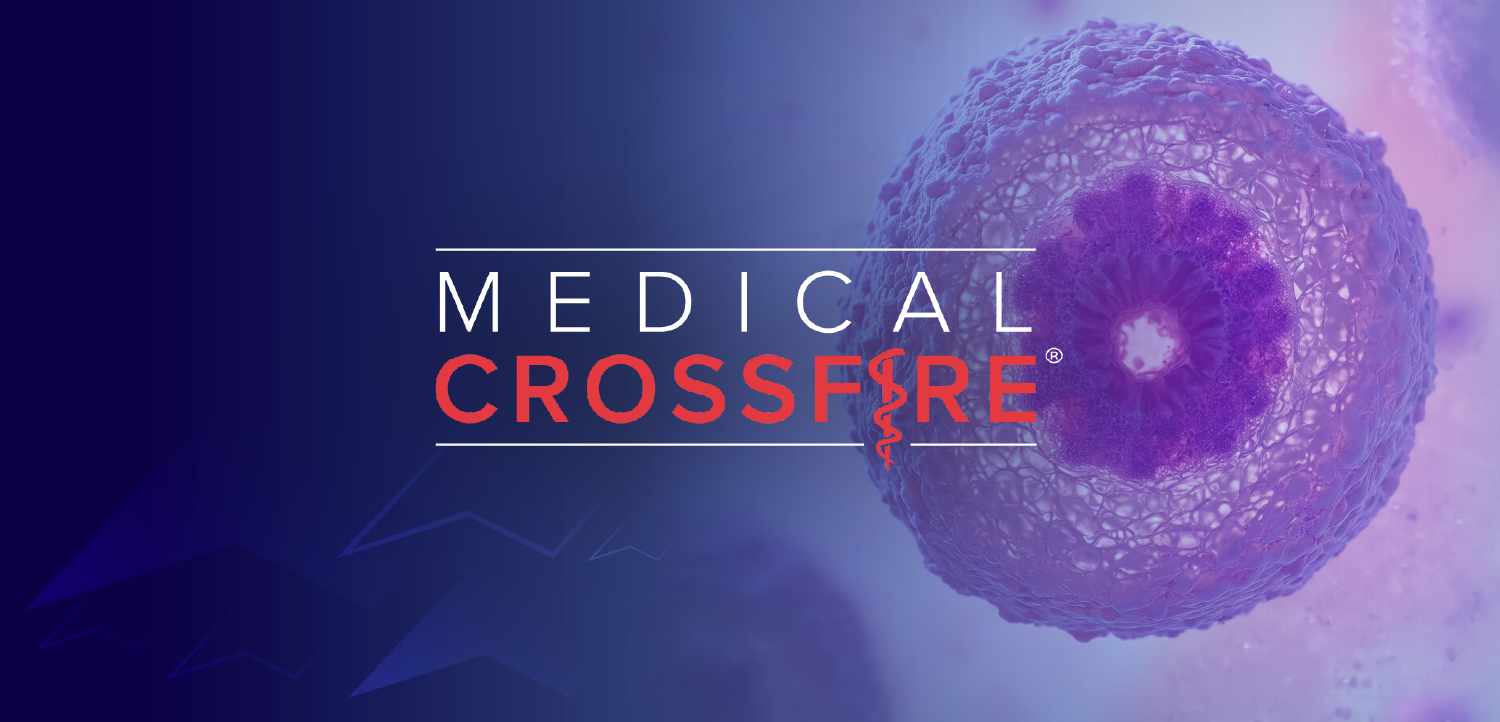
Blood Test Predicts When Oral Cancer May Recur
A blood test that tracks patients’ antibody levels could predict when oropharyngeal cancer is likely to recur during its earliest.
Matthew E. Spector, MD
A blood test that tracks patients’ antibody levels is showing potential as a way to predict when oropharyngeal cancer is likely to recur during its earliest.
Oropharyngeal cancer is often connected to the human papillomavirus (HPV), which usually makes the cancer more responsive to treatment. However, in about 15% to 20% of patients, the cancer returns because the treatment failed, but which patients will experience recurrence currently cannot be identified during treatment.
Patients in this study who experienced recurrence of oropharyngeal cancer had higher levels of antibodies for two proteins found in HPV-related cancers, E6 and E7.
For the study, researchers looked at information collected for a previous study involving 52 patients with HPV-related advanced oropharyngeal. The participants were all similar in age, cancer classification, and smoking status; of the total, 22 individuals experienced a recurrence.
Participants’ serum was evaluated through a blood test at the start of treatment, after treatment ended, and then again every 3 months. Soon after treatment, patients with recurrence and patients without had no difference in E6 and E7 antibody levels. All patients’ antibody levels declined 3 months after treatment, which is to be expected since all or most of the cancer has just been eliminated, and oropharyngeal cancer almost never recurs 3 months posttreatment.
Over time, however, researchers found that in patients whose cancer recurred, their E7 antibody levels did not decrease as quickly as their counterparts. Importantly, this could be detected before the recurrence was discovered.
“Most patients recur within the first 2 years, so the window to catch it is 2 years after treatment,” explained Matthew E. Spector, MD, assistant professor of otolaryngology at the University of Michigan Health System where the study was conducted. “Everyone’s level goes down over time, but some start to go up a little—and those are the ones we have to focus on,” he continued.
When it comes to evaluating E7 antibody levels, every patient is different, Spector noted. Physicians must look at the patient’s specific baseline level rather than compare individual levels to an absolute level. Over time, if E7 levels increase, it indicates recurrence, according to the study.
The benefit of this biomarker is it allows patients to get blood drawn near home every 2-3 months rather than visit the clinic. If E7 levels rise, the patient will be told to visit the clinic for more evaluation.
Currently, patients with oropharyngeal cancer go in for checkups posttreatment every few months to monitor the status of the disease and see if there is recurrence. This biomarker has the potential to change that and make the monitoring process easier on the patient.
“The NCCN guidelines currently have us check patients for cancer every two to three months for the first year and every three to four months the second year,” said Spector. “This could bring us to a point where we're doing blood tests in addition to physical exams, or maybe even the blood test alone to determine if the patients’ cancers are coming back.”
Additionally, when oropharyngeal cancer recurrence is caught early, it allows physicians to remove the cancer in the throat or neck, often eliminating the disease. Cancer that spreads to the lungs can be treated with targeted therapies. The earlier the recurrence is caught, the better the outcome of treatment is expected to be.
Since this test to evaluate E6 and E7 antibodies is a standard laboratory test, implementation of this method should be inexpensive.
More testing with larger groups of patients is needed before this method of surveillance can be recommended to physicians. The University of Michigan team opened a controlled phase II trial to further evaluate the potential for E7 antibodies as a biomarker for recurrence.
“There are other markers in the blood that we're also looking at, not only antibodies,” Spector said. “Maybe there's answered DNA we can detect that's more specific than the antibodies we've already found.”
“We're really excited about this,” Spector added. “I think it's going to expand not only for HPV-related cancers, but there are opportunities to detect this for other types of head and neck cancers.”
Newsletter
Knowledge is power. Don’t miss the most recent breakthroughs in cancer care.
















































































